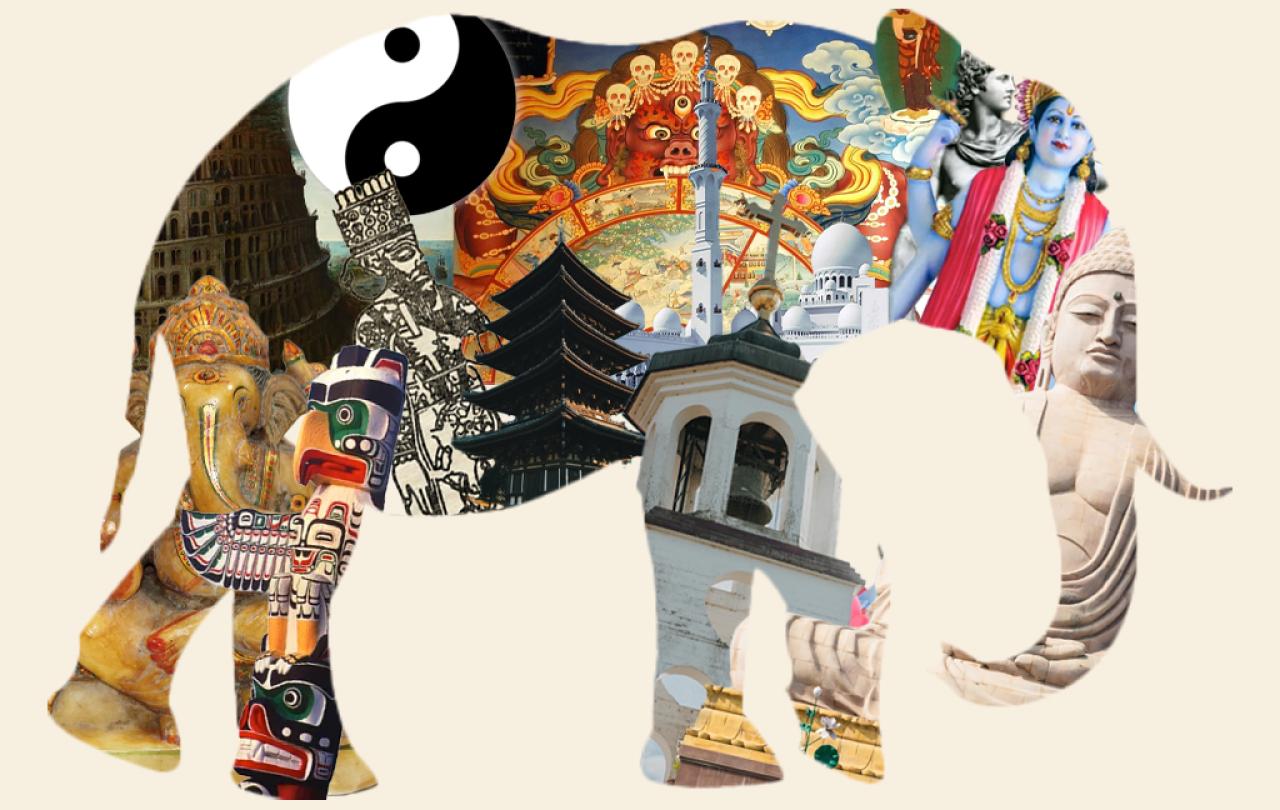
Quenching thirst is a global problem. It can also be profoundly personal, impaired by illness. For nurses, it can be ethically and emotionally difficult, when treating dying patients. But is there ultimate relief?
Thirst is the subjective sensation of a desire to drink something that cannot be ignored. The world is thirsty; globally, 703 million people lack access to clean water. That’s 1 in 10 people on the planet.
Thirst is a life-saving warning system that tells your body to seek satisfaction through swallowing fluid. It works in partnership with other body processes - such as changes in blood pressure, heart rate and kidney function - to restore fluid, and salt, levels back to where they belong. Failure of any part of this beautifully balanced system leads to dehydration (or water intoxication), and perhaps to seizures, swelling of the brain, kidney failure, shock, coma and even death.
Sometimes it’s difficult to quench thirst, because of problems with supply. According to the World Health Organization, at least 1.7 billion people used a drinking water source contaminated with faeces in 2022. Sometimes in war, water is weaponised, with systematic destruction of water sources and pipes. Water laced with rat fur, arsenic and copper has meanwhile been reported in prisons across the USA.
At other times, there may be “water everywhere, but not a drop to drink” because of individual problems with swallowing. As a nurse, some of my most heartbreaking moments have been when I have been unable to fulfil a need as basic as a patient’s thirst; when even thickened fluids have led to intense coughing and distress, and a realisation that I can only moisten mouths and give so-called “taste for pleasure”: very small amounts of a favourite liquid or taste using a soft toothbrush, or a circular brush gently sweeping around the mouth and lips to release some of the liquid - even, and especially, at the end of life when the patient is unconscious.
Difficulties in drinking are common in dementia when fluid can seem foreign and swallowing a surprise to the system. It’s thought that over 50 per cent of people in care homes have an impaired ability to eat or drink safely; 30 to 60 per cent of people who have had a stroke and 50 per cent of those living with Parkinson’s may struggle to swallow.
Other conditions that may affect swallowing include multiple sclerosis, cerebral palsy, and head and neck cancers. Diabetes is characterised by a raging thirst owing to problems with insulin (diabetes mellitus) or an imbalance in antidiuretic hormone levels (diabetes insipidus). In intensive care, patients are predisposed to thirst through mechanical ventilation, receiving nothing by mouth, and as a side effect of some medications. But thirst is a “neglected area” in healthcare, writes palliative care researcher Dr Maria Friedrichsen.
“Knowledge of thirst and thirst relief are not expressed, seldom discussed, there are no policy documents nor is thirst documented in the patient’s record. There is a need for nurses to take the lead in changing nursing practice regarding thirst.”
Is there another thirst that is also being missed in nursing, and in life in general – a spiritual thirst, beyond the physical desire to drink? In his book, Living in Wonder, writer Rod Dreher argues that humans are made to be spiritual, and that a critical sixth sense has been lost in a “society so hooked on science and reason”. We humans crave love in our deepest selves; we have an insatiable thirst for everything which lies within – and beyond – ourselves. Auschwitz survivor Viktor Frankl, who was later appointed professor of psychiatry at the University of Vienna, became convinced that human beings have a basic “will for meaning.” “The striving to find a meaning in one’s life,” he wrote, “is the primary motivational force in man.”
In the harsh sun of a Middle East day, an ancient story of a man and a woman encountering each other at a water well illustrates this dual thirst for water and meaning. The man, Jesus, thankful for a drink of water given to him at the well by an outcast Samaritan woman, said that “Everyone who drinks this water will be thirsty again, but whoever drinks the water I give them will never thirst. Indeed, the water I give them will become in them a spring of water welling up to eternal life.” In that midday sun, such imagery made a powerful statement.
Being mindful of spiritual thirst when drinking water is something also captured in a Ghanaian proverb and pictured perfectly in the many birds that drink by gravity, so tipping their heads back when they swallow.
“Even the chicken, when it drinks,
Lifts its head to heaven to thank God for the water”.
Unsatisfied thirst is part of the human condition, we long for something more; it’s living proof of our immortality, says French poet Charles Baudelaire. Despite his Olympic success, athlete Adam Peaty said that society didn’t have the answers he was seeking, and that a gold medal was the coldest thing to wear. He “discovered something that was missing” when attending church for the first time, and now has a cross with the words “Into the Light” tattooed across his abdomen, symbolizing his spiritual awakening. We are more than mechanical machines with physical needs. We are rather gardens to tend in a dry and thirsty land, with souls in need of intensive care.






